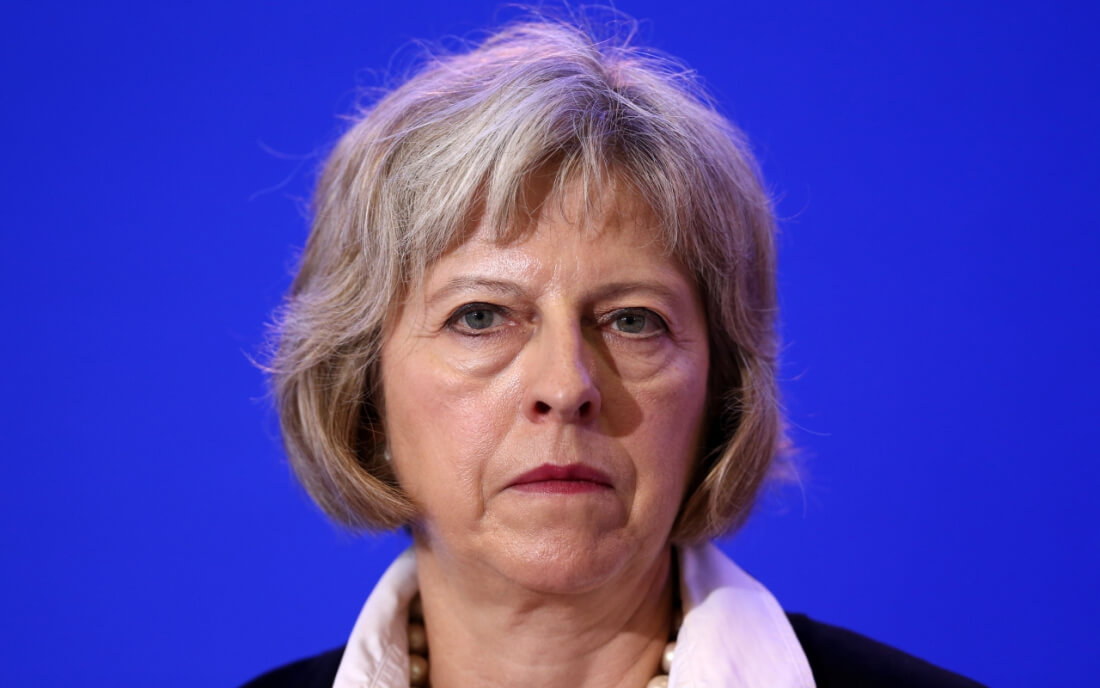Internet companies have long been accused of not doing enough to quell the spread of online extremist content. Following the recent Manchester and London attacks, British Prime Minister Theresa May said the internet cannot be a "safe space" for terrorists, and called for international agreements to be introduced so the web can be regulated.
In the aftermath of the latest van and knife attack in London that saw seven people killed and dozens injured, May pointed the finger of blame at "big" internet firms.
"We cannot allow this ideology the safe space it needs to breed. Yet that is precisely what the internet - and the big companies that provide internet-based services - provide," May said. "We need to work with allied, democratic governments to reach international agreements that regulate cyberspace to prevent the spread of extremism and terrorist planning. And we need to do everything we can at home to reduce the risks of extremism online."
UK Home Secretary Amber Rudd echoed May's comments during a TV interview. She said tech companies must do more to remove extremist propaganda and recruitment material and limit the end-to-end encryption used by terrorists.
Rudd had previously called for weakened encryption following the Westminster attack last March. She met with senior executives from tech firms including Google, Facebook, and Twitter, and while a joint statement said they promised to "tackle this vital issue" of extremist material, there was no mention of encryption.
Both Google and Facebook have defended themselves following the Prime Minister's recent comments, saying they are committed to fighting online terrorist activities. Twitter, which suspended over 600,000 terrorist accounts between 2015 and 2016, said "terrorist content has no place" on its site.
The argument to weaken end-to-end encryption in services such as WhatsApp has been around for a long time. It's something security experts say would do more harm than good. After the 2015 Paris attacks, the Information Technology Industry Council (ITI), which contains over 60 tech giants such as Apple, Google, and Microsoft, said it opposes "any policy actions or measures that would undermine encryption as an available and effective tool."
While some say more could be done by the tech firms, many agree that admonishing sites like Facebook isn't the answer.
"Blaming social media platforms is politically convenient but intellectually lazy," tweeted Professor Peter Neumann, director of the International Centre for the Study of Radicalisation and Political Violence. "Most jihadists are now using end-to-end encrypted messenger platforms e.g. Telegram. This has not solved the problem, just made it different."
Moreover, few people radicalised exclusively online. Blaming social media platforms is politically convenient but intellectually lazy 6/
--- Peter R. Neumann (@PeterRNeumann) June 4, 2017
Ultimately, coming up with an international agreement for regulating the internet seems extremely unlikely. It's worth noting that the UK already has some of the most intrusive surveillance powers in a democracy, thanks to the Snooper's Charter.
